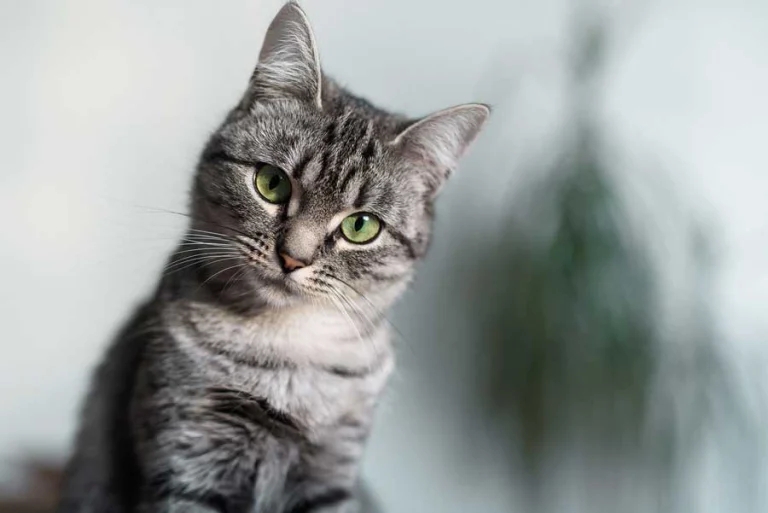25 Sept 2025
Three leading welfare groups have urged vets to work with them amid rising case levels in northern and central England.

Image: Lalandrew / Adobe Stock
Three leading welfare charities have pleaded for vets to work with them in response to growing levels of feline panleukopenia cases in northern England and the midlands.
Concerns about the threat posed by the disease, also known as feline parvovirus (FPV), have been growing in recent months amid fears about the wider impact of low vaccination take-up.
Now, Cats Protection, Blue Cross and the RSPCA have joined forces to warn of their own increasing challenges with the virus and to appeal for wider professional support.
In a joint statement this afternoon (25 September), the groups urged clinicians to be vigilant for signs of the virus and to consider it as a potential cause of sudden kitten death.
They also called for the promotion of both vaccination and pre-pubertal neutering of kittens to clients.
The statement continued: “Outbreaks are more likely during periods of increased reproductive activity and in populations with low vaccination coverage.
“Vaccination and neutering are essential in preventing this serious disease. By working together to promote these measures, we can better protect feline populations.”
The latest intervention comes barely a month after an RSPCA hospital in Birmingham revealed it had seen three times as many FPV cases this summer than last year.
Before that, 21 cats and kittens were reported to have died from preventable conditions during the first quarter of 2025 by a Greater Manchester RSPCA branch.
The charities said FPV is “highly resistant” in the environment and can cause infections that lead to foetal loss or neurological disease in kittens.
Clinical signs are also said to include acute depression, pyrexia, gastrointestinal symptoms, and marked panleukopenia, while kittens may also endure impaired development of the central nervous system.
The groups also warned that the impact of an outbreak within rescue settings can extend far beyond those directly affected to animals awaiting care.
The statement added: “Management often requires a complete closure to intake for extended periods and restricting homing, which leads to longer stays for cats and reduces the capacity to assist new arrivals.
“This situation can also place an emotional strain on carers and limit support for owners who are no longer able to care for their cats.”